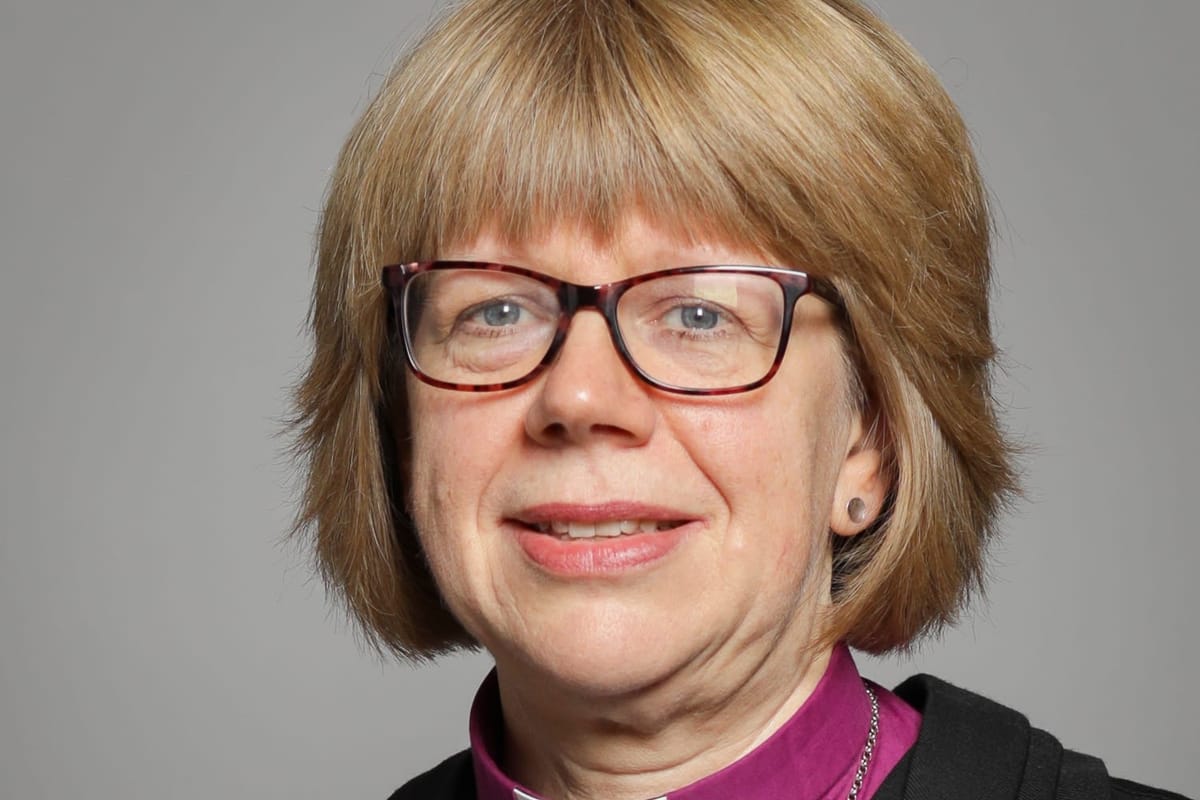The Church of Nigeria (Anglican Communion) has formally severed spiritual ties with the Church of England following the appointment of Bishop Sarah Mullally as the new Archbishop of Canterbury – the first woman to hold the role and a vocal supporter of LGBTQ+ inclusion within the Church.
The Nigerian Church, led by Primate Henry Ndukuba, issued a statement condemning Mullally’s elevation as “devastating” and “insensitive,” citing her support for same-sex marriage and her gender as incompatible with what it described as “biblical leadership.” The statement accused the Church of England of ignoring long-standing theological divisions and pushing a “revisionist agenda” that threatens the unity of the Communion.
Sarah Mullally becomes first female Archbishop of Canterbury but what’s her record on LGBTQ+ rights?
Dame Sarah Mullally has been appointed as the 106th Archbishop of Canterbury – the first woman to hold the role in its 1,400-year history. The announcement follows nearly a year of vacancy after Justin Welby stepped down amid criticism over his handling of a safeguarding scandal. Mullally, currently Bishop

Mullally, a former Chief Nursing Officer for England and Bishop of London since 2018, has been a consistent advocate for LGBTQ+ rights within the Church. Her 2023 remarks welcoming the Church of England’s decision to bless same-sex unions – calling it “a moment of hope” – were widely celebrated by progressive Christians but drew ire from conservative factions, particularly in Africa.
In her inaugural address at Canterbury Cathedral, Mullally acknowledged the challenges ahead, including reconciling divergent views on gender and sexuality. “I will seek to help every ministry flourish, whatever our tradition,” she said, affirming her commitment to inclusivity and pastoral care for all.
The Church of Nigeria’s decision to break away is not entirely unexpected. It has long aligned itself with the Global Anglican Future Conference (GAFCON), a conservative coalition that opposes the ordination of women and the blessing of same-sex relationships. By reaffirming its loyalty to GAFCON, the Nigerian Church has signalled its intent to chart a more doctrinally rigid path, distancing itself from what it sees as the liberal drift of the Church of England.






